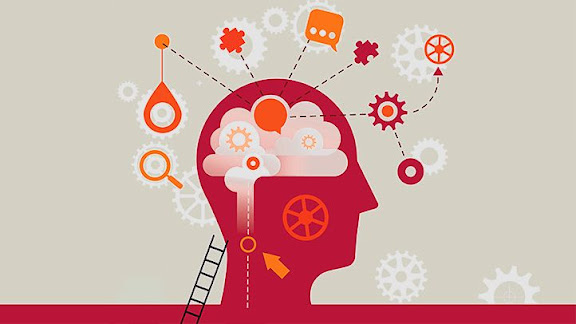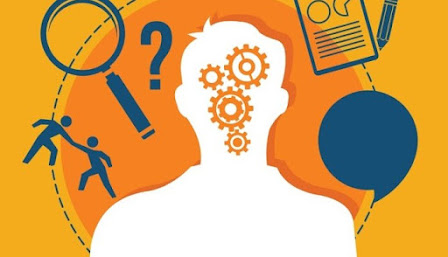Why Candidates should Not Fear taking Psychometric Assessments

Psychometric assessments are widely used in the recruitment process and as an effective tool for screening in candidates. Psychometric assessment tools are scientific tests designed to assess an individual’s personality traits and cognitive abilities. These may include predictive index (PI), cognitive ability tests, behavioral assessment tests, emotional intelligence tests, etc. Their extensive use in the recruitment process is because these assessment tests help evaluate a candidate’s performance, skills, knowledge, attitudes, competencies, personality attributes, and job as well as academic potential. Psychometric assessment tests are standardized tests useful for HR managers and recruiters in the hiring process because they are accurate in predicting a candidate’s behavioral tendencies and his or her competency for a particular job role. The insight about the candidate’s personality and skills enables recruiters make better job-related decisions and provide training for ...





